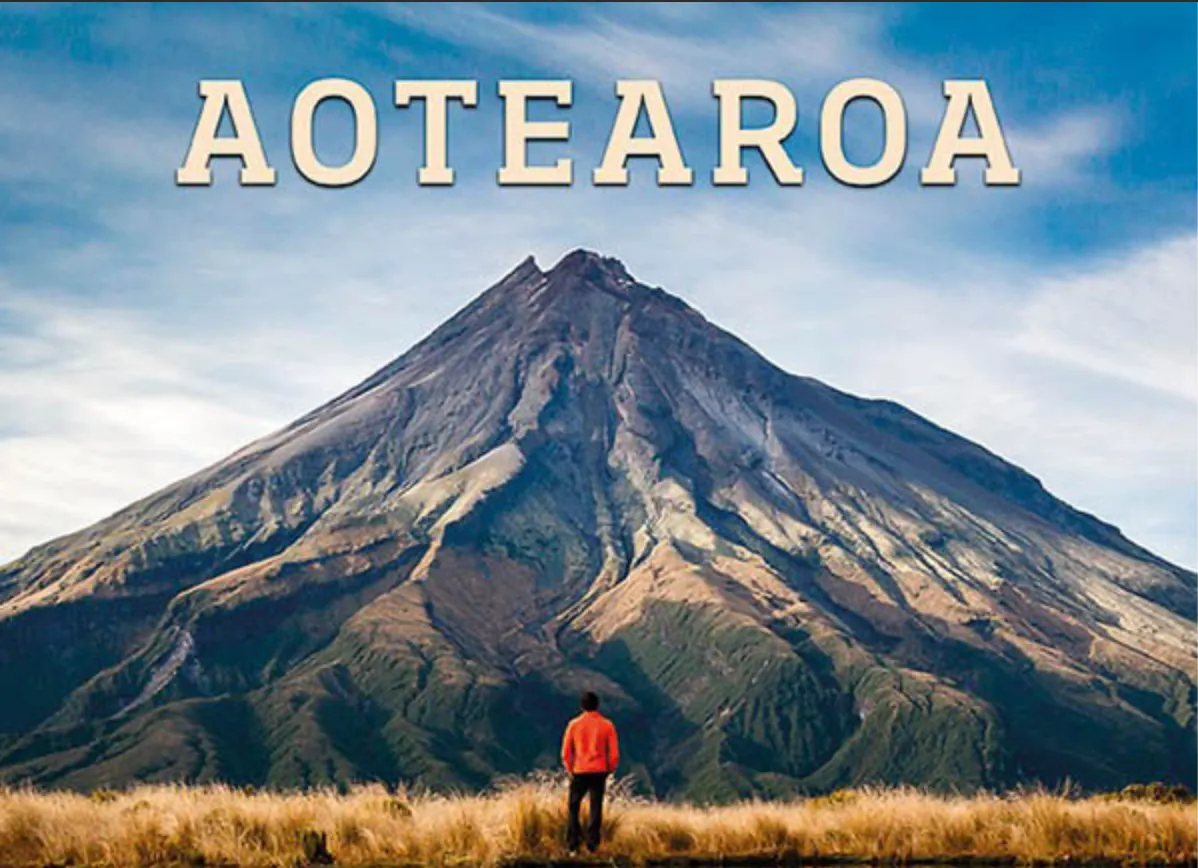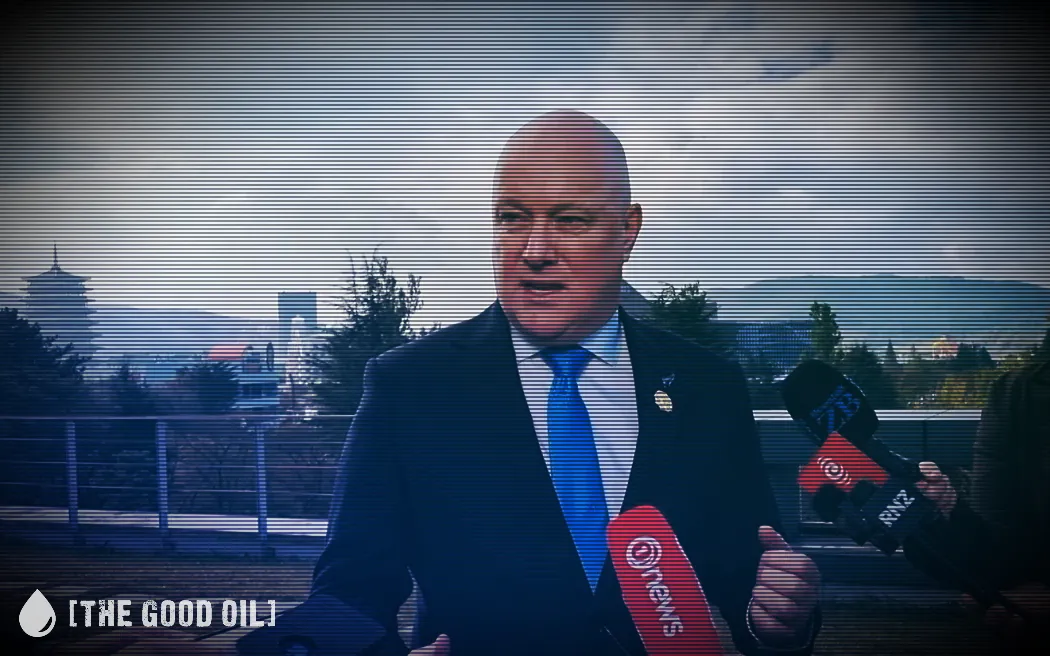Table of Contents
Robin McCarthy
Radio New Zealand ( RNZ) reported that Tourism Minister Stuart Nash addressed the Tourism Policy School in Queenstown.
Although not stated, the Queenstown Resort College is a connected campus of the University of Otago amongst other educational providers.
RNZ summarised the Minister’s policies by way of four bullet points.
1. Resetting and Rebuilding Tourism to Be More Sustainable, as the Industry Cannot Simply Return to Business as Usual.
Here he again made it unequivocal that he wanted a “reset” of the tourism industry. Over recent weeks he went from using the word “reset” to that of “re-imaging” but now he is back to using the term “reset”. I believe this is a deliberate message to those he is most concerned about: The Environment/Green faction who will vote for Labour, rather than a genuine concern about tourism and the people badly affected by the government’s tourism policy.
He wants to see tourism rebuilding. The best thing government can do then is get out of the way and let businesses rebuild using their own resources. He wants the rebuild to be more sustainable. It can’t be that during a rebuilding phase because resources will need to be consumed at a greater rate and volume until the industry is viable again.
One has to presume that Minister Nash is referring only to environmental sustainability. There is always a disruption to the environment during any development phase. Once construction of any infrastructure is completed, the environment recovers. With New Zealand’s long experience of actual environmental remediation, the issues he is alluding to are not valid.
Tourism must return to business as usual. If it doesn’t, it will not be viable. In arriving at his conclusion he has not considered that the technological development of long haul aircraft is an ongoing marvel with ever lower fuel consumption and new fuels being continually developed. For shorter haul routes we are on the cusp of a revolution with e-planes.
New Zealand is an early adopter of technology. We see this in e-scooters with thousands of tourists using them in New Zealand cities. Now the same is happening with e-bikes.
2. Ensuring Aotearoa Is Seen as One of the World’s Most Aspirational Destinations.
As a brand name, “Aotearoa” (which the Government is pushing), would do irreparable harm to New Zealand’s tourism industry. Yes, it has a quirkiness factor about it, but it is only being used for domestic political gain and not for promoting New Zealand on the world stage. There are still many people in the world who do not know where New Zealand is. Confusion creates uncertainty and any re-branding comes at a cost. Pushing for the brand name “Aotearoa” would undo decades of successful tourism promotion.
New Zealand has been aspirational in regards to its tourism. That in itself has led to its success. Aspirational in Minister Nash’s interpretation, means continuing to be successful with a small volume of high net worth tourists. It is an onerous and costly task to engage in marketing for a small sector of any market, and especially so for a smaller operator. It becomes a disproportionate cost compared to a large operator’s overall costs. Nash also seems to disregard the fact that other destination countries are always seeking to compete with New Zealand for the same high-end international tourism dollar. Rest assured that they are.
Every market has a socio-economic bell curve. Aiming for the 10% of the curve at the high earner end will not necessarily lead to success, and neither will it lead to an economic reset of the tourism industry. It is simply wishful thinking.
3. Recognising That Costs and Negative Impacts Associated with Tourism Must Be Mitigated or Priced into the Visitors’ Experience So Ratepayers and Taxpayers Are Not Bearing the Costs of Hosting Visitors.
Tourism has paid its way in that it pays all the taxes that any other business pays. In many circumstances, it also pays a greater proportion of specific taxes than other businesses pay. A good example is a diesel campervan paying more Road User Charges than say a tradesman’s diesel ute, simply because the campervan covers more kilometres.
Additionally tourism funds a greater proportion of the costs of the regional tourism organisations by way of membership fees and commissions on sales. Also, operators are still contributing through their own taxes and rates. In the year ended 2019 tourism paid DOC 25 million dollars by way of concession licence fees and visitor levies. Tourism fees to DOC were entirely funding the pest eradication programme on Auckland Island. Now it has stopped.
The Environment/Green/Academia movement has consistently criticised the tourism industry for being responsible for alleged adverse impacts on the environment and the social wellbeing of local populations. Never do they comment on the positive economic and social benefits of tourism. Many people enjoy interacting with tourists in the towns they live in. Those that don’t are not generally very sociable, nor are they forced to interact.
There has consistently been a lack of spending on infrastructure by both local authorities and DOC. In the case of local authorities there were two reasons why facilities such as toilets and showers were never put in place where there was increasing demand. One was the lack of prioritisation of funding; the other, wanting central government to pay for it. There were tourism industry initiatives in which it was proposed that infrastructure spending be tied to regional GST take, as it would show where the greatest demand for infrastructure arose. But this was rejected by central government.
There has also been a private initiative to install fee-paying facilities at tourism hotspots, but it takes time for those facilities to come on stream.
Eventually, the National coalition and then the Labour coalition came to the party, but the delay led to tourism unfairly getting the blame. It wasn’t tourism’s fault. DOC has made a good effort providing increased infrastructure, but more could be done. A major failure of the current government is that they have wasted time getting infrastructure facilities put in place before international tourism returns. The government has been blinded by ideology, not wanting the early return of international tourism until they have a plan for their “reset”. They wanted it set at not more than about 20% of what it was previously.
There is a lack of equity in recognition of impacts by differently structured organisations using and funding the conservation estate. Federated Mountain Clubs (FMC) with 22,000 members gets a free ride compared with tourism. Yet their impact is just the same per person. The argument that FMC members pay taxes is somewhat specious when those involved in tourism also pay their taxes, and many New Zealanders are customers on tour operators’ various activities and are required to pay again through the operators’ fares incorporating DOC levies.
The criterion should be whether a person is “organised” through an Incorporated Society, some other entity or a commercial business. For a number of years now, tourism, especially food and accommodation, has become increasingly expensive to international tourists. New Zealand competes in a world market for tourism. The additional cost of coming to New Zealand has been offset by the quality and choice of services, attractions and activities. With the world likely to stay in recession for a long time, there is a price point at which the market will no longer pay a premium to come to New Zealand.
Increasing costs to tourism operators for greater spending on infrastructure will lead to operator price increases. Operators are no longer able to absorb cost increases and will have to pass them on. Operators will in the normal course of events, be looking to raise prices to rebuild their capital bases after a disastrous year. This alone could lead to New Zealand being perceived (and in reality) as too expensive a destination to visit even before the addition of any state-imposed additional taxes and costs.
4. More Partnerships between Government and the Tourism Industry Including with Business and Workers.
This can only lead to a further partial nationalisation of the tourism industry. We have already seen the attempt to exclude nearly the entire tourism operator sector through the STAPP scheme, where the chosen few were granted taxpayer funds to get them through to the great reset. There would be little competition, no need for innovation, prices would increase and the shrunken market would be catered for. This would be no different from the restricted import licensing days, allowing the privileged few to make excessive profits.
The STAPP recipients have had a living wage for workers imposed upon them by the state. It is abundantly clear that Minister Nash is intent on increasing interference in a business’s labour market. For a long time, the tourism industry was subject to unfairly being described as a low wage sector. In any sector where there is a high proportion of mass labour costs such as factory, hospital or local authority, there is a tendency towards lower wages, driven by pure economics. But the tourism industry was paying higher than generally reported as it had to compete for labour. Overall economic prosperity led to increased housing costs, but again initiatives were being put in place such as worker accommodation.
New Zealand’s tourism industry has elicited International praise for its structured organisation, whether publicly or privately provided. It was granted numerous accolades for its clean green image and variety of activities and services on offer throughout the country.
Over the past few years, the public sector responsible for infrastructure has failed the Tourism sector. Advantage has been taken of that failure by those with an environmental/Green political agenda to impose their own views on society. A view which the current government has endorsed.
The irony is that there is not a single New Zealand tourism operator who is not passionate about New Zealand’s environment. The difference is that they also have to succeed commercially, whereas those who have prevailed in their criticism (up to now, for political purposes), are not in business and have never had all the responsibilities that go with operating a business. That is the difference.
Please share so others can discover The BFD.









